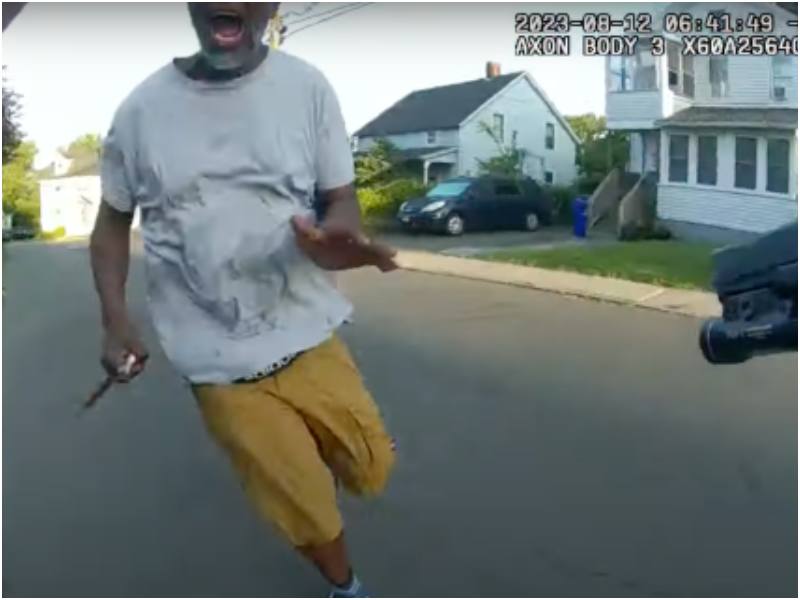A bill aimed at making police-worn body camera footage public record in Alabama was defeated in a Senate committee vote on Wednesday.
Sponsored by Sen. Merika Coleman, D-Birmingham, the legislation, SB14, would have mandated the release of bodycam and dashcam video footage within 30 days of a request, making it accessible to families as well.
The bill also allowed for an appeal to a circuit judge if law enforcement denied the request.
Speaking before the Senate Judiciary Committee, Coleman mentioned the importance of timely disclosure. She stressed that releasing footage promptly could dispel rumors and hold accountable any misconduct by law enforcement officers.
The bill was named after two Black men, Steven Perkins and Jawan Dallas, who died during encounters with police. Their families faced hurdles in accessing the bodycam footage, leading to delays and frustrations.
While some lawmakers expressed concerns about potential prejudicial impacts on criminal defendants, others, like Sen. Arthur Orr, found solace in the provision allowing a judge to decide on disputed releases.
Coleman, undeterred by the defeat, intends to reintroduce the legislation in the future, emphasizing the need to provide families with access to footage and to address gaps in the state’s existing bodycam laws.
“This piece of legislation is not an indictment on law enforcement,” Coleman told the committee during a morning hearing at the Statehouse in Montgomery. “The sooner we can get it out, you can (quash) rumors. If we can get the bodycam video out as soon as possible, we can identify the bad apples. If police are handling (their duties) within procedures, we can get that out as well.”
The defeat highlights ongoing debates surrounding police transparency and accountability, with advocates pushing for broader access to bodycam footage to ensure public trust and oversight.
Legal Implications
The decision by the lawmakers to reject the legislation mandating the public release of police bodycam footage has several legal implications.
Firstly, it deepens the continued lack of transparency and accountability within law enforcement practices, particularly regarding interactions with the public.
By denying access to footage, the state limits opportunities for independent scrutiny and oversight, potentially hindering efforts to address issues of police misconduct or abuse of power.
Additionally, the defeat of the bill raises questions about the balance between protecting the rights of criminal defendants and ensuring transparency in the criminal justice system.
Without access to bodycam footage, defendants may face challenges in mounting effective defenses or challenging police narratives, potentially impacting the fairness and integrity of legal proceedings.
Moreover, the decision highlights the need for comprehensive reforms to existing laws governing bodycam footage, ensuring that they strike an appropriate balance between transparency, accountability, and the protection of individual rights.

